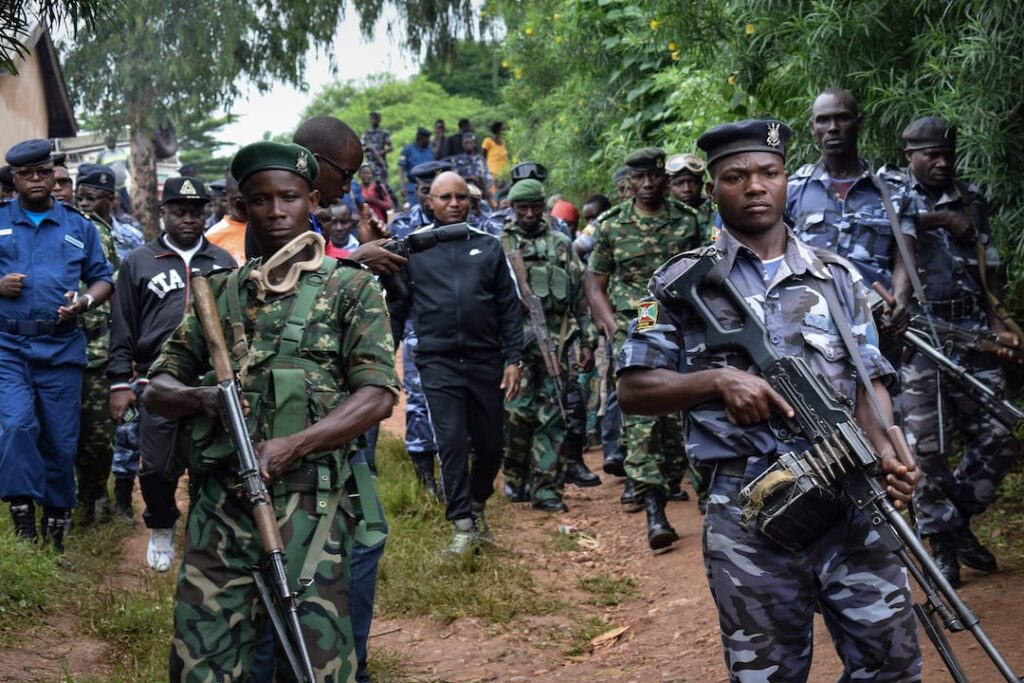*As M23 rebels push deeper into eastern DR Congo, fears of instability are mounting in Kinshasa, where President Félix Tshisekedi’s refusal to negotiate with the group has fueled political uncertainty.*

The recent advance of M23 rebels in North Kivu has heightened anxiety in the Congolese capital, where concerns over the government’s ability to contain the crisis are growing. As fighting escalates around Goma and Bukavu, the population in Kinshasa watches nervously, fearing the broader implications of the conflict.
While regional leaders have urged dialogue, Tshisekedi has taken a hardline stance, refusing to negotiate with M23, which he describes as a proxy force for Rwanda. “It’s not a bad thing to refuse dialogue with an armed group like M23. The M23 is Rwanda,” a lawmaker close to the president stated, questioning why Western nations have not imposed harsher measures on Kigali.
Despite growing concerns, Tshisekedi has skipped two critical African-led meetings this month—the joint summit of Southern and Eastern African leaders in Dar es Salaam and the African Union summit in Addis Ababa. Instead, he attended the Munich Security Conference, where he accused his predecessor Joseph Kabila of backing M23’s campaign—an allegation Kabila’s allies have denied.
His absence from African diplomatic efforts has fueled criticism from political figures in Kinshasa. “The fact that an African president snubs the African Union summit and instead prefers a security conference in Europe is indicative of who sustains him,” said a former senior official, implying foreign influence over Tshisekedi’s leadership.
Amid M23’s rapid territorial gains, opposition leaders are predicting heightened political instability in Kinshasa. “His lack of legitimacy is now proven, making him less and less listened to and more and more rejected by the population every day,” said Olivier Kamitatu, a former minister and spokesperson for opposition leader Moise Katumbi.
Martin Fayulu, the runner-up in the contested 2018 election, was even more critical: “Tshisekedi did not understand the issues of the country and the region. He did not have enough intellectual heft to lead Congo.”
Political analysts warn that the situation in eastern Congo could have ripple effects in the capital, where uncertainty over the government’s stability is growing. “With the capture of Goma and Bukavu, no one is sure of Tshisekedi’s ability to control the security and political situation,” said Bob Kabamba of the University of Liege.
As M23 forces advance and regional tensions rise, the growing unease in Kinshasa underscores the fragile political landscape facing Tshisekedi’s government. With fears of further escalation, anxiety grips the capital as the conflict in the east shows no signs of slowing.


